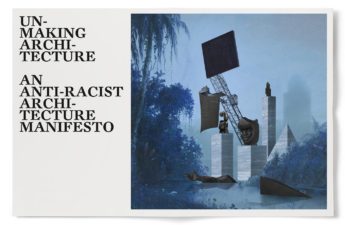Stream
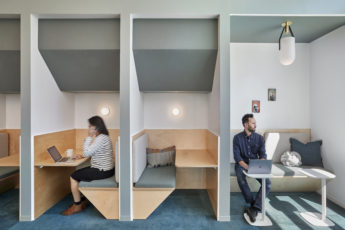
Design Firms Share Their Office Reopening Strategies
Pals Studio O+A share their thoughts on reentering the workplace. https://officesnapshots.com/article…
https://officesnapshots.com/article…
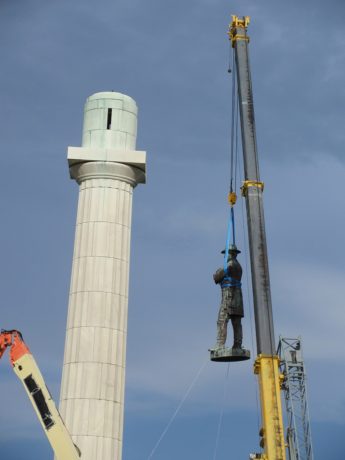
Status, Statues, and Statutes
The issue with monuments to flawed men. https://commonedge.org/status-statu…
https://commonedge.org/status-statu…
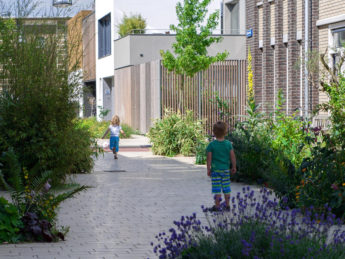
The Pandemic and Protests Have Highlighted Just How Unequal Our Cities Are
With a new urban crisis surfacing, designers from around the world propose radical changes to transportation, cooperative living, working, and public space. https://metropolismag.com/cities/th…
https://metropolismag.com/cities/th…
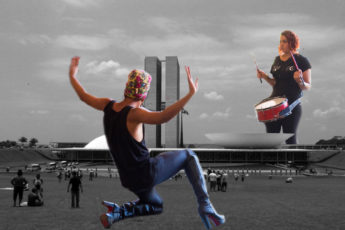
After All, Who Do We Build Architecture and Urbanism for?
What would all the built environments be without its users? https://archdaily.com/942448/after-…
https://archdaily.com/942448/after-…

It’s time to rethink downtown SF. Here’s one of the most radical visions out there
Our pals Byron Kuth and Liz Ranieri of Kuth Ranieri Architects. https://sfchronicle.com/culture/art…
https://sfchronicle.com/culture/art…
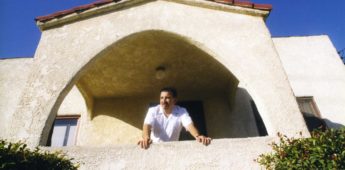
The Education—and Miseducation—of an Urban Planner
Urban planners. https://commonedge.org/the-educatio…
https://commonedge.org/the-educatio…
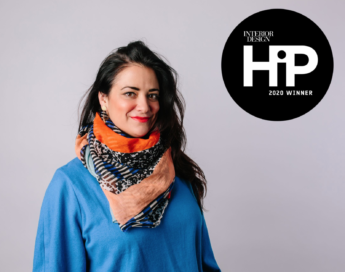
Interior Design Magazine 2020 HiP Awards Winner: Elizabeth Vereker
Elizabeth Vereker from Studio O+A! https://o-plus-a.com/2020-hip-award…
https://o-plus-a.com/2020-hip-award…

Brigid Berlin, Socialite Who Joined Warhol’s World, Dies at 80
Born into privilege, she rejected her upbringing to become a fixture on the New York underground art scene of the 1960s and ’70s. https://nytimes.com/2020/07/18/arts…
https://nytimes.com/2020/07/18/arts…
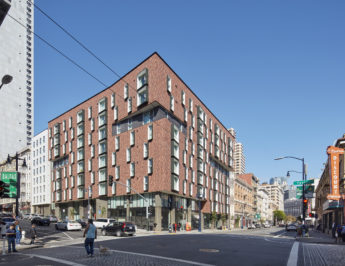
Affordable Housing in COVID Times: A Q&A with San Francisco Architect David Baker
The pandemic’s financial impact could be devastating, but for Baker, it’s the right time to tackle the city’s housing shortage. https://thefrisc.com/the-future-of-…
https://thefrisc.com/the-future-of-…
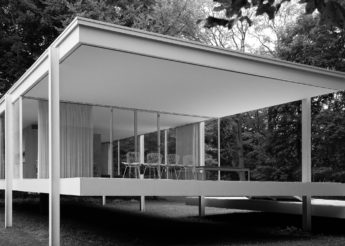
Column: A different view of the masterful Farnsworth House — hers, not his
Even it isn't Mies she (Dr. Edith Farnsworth) had great taste. https://chicagotribune.com/columns/…
https://chicagotribune.com/columns/…
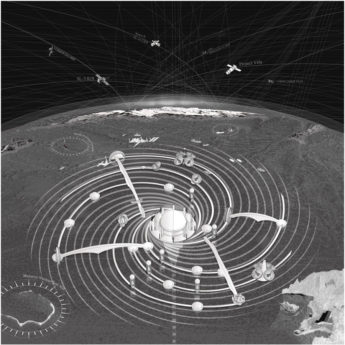
Can Quarantine Propel Us Toward Planetary Sanctuary?
Mimi Zeiger on quarantine. https://metropolismag.com/ideas/qua…
https://metropolismag.com/ideas/qua…
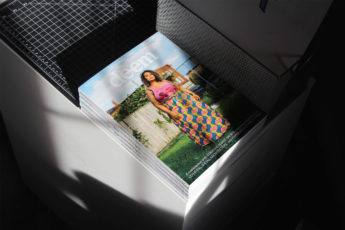
Deem, a new journal, wants design to focus back on people
A new design journal about what matters. https://archpaper.com/2020/06/deem-…
https://archpaper.com/2020/06/deem-…
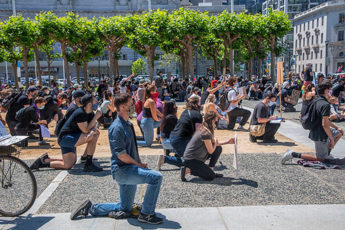
Remember that Public Space is Democracy’s Great Stage
Making public spaces unwelcome is a perversion of their purpose, writes ASLA president Wendy Miller in this op-ed. Too often over the past few weeks, the central promise of the civic realm has been turned on its head. https://metropolismag.com/cities/fo…
https://metropolismag.com/cities/fo…
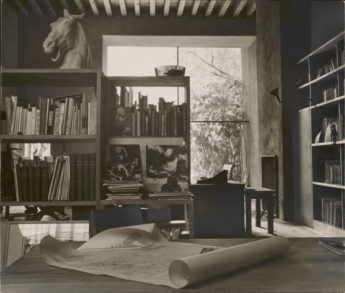
Mi casa es mi refugio: At the Service of Mexican Modernism in Casa Barragán
Another look at Barragan and his home. http://averyreview.com/issues/48/mi…
http://averyreview.com/issues/48/mi…
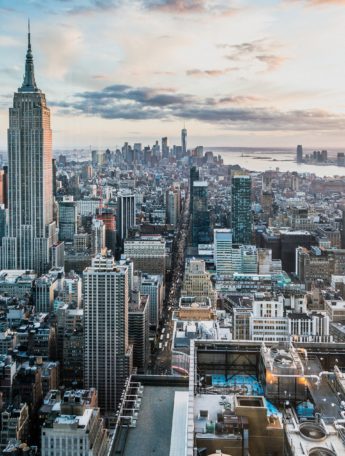
This Is Not the End of Cities
Richard Florida weighs in. Both the coronavirus pandemic and the Black Lives Matter movement create opportunities to reshape cities in more equitable ways. https://bloomberg.com/news/features…
https://bloomberg.com/news/features…
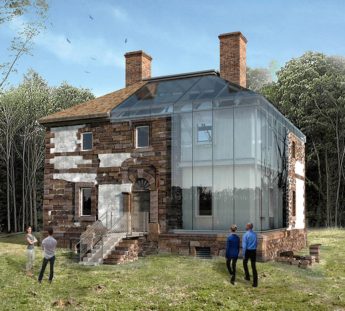
The Glass House project fosters literal and historical transparency at ‘Menokin’ ruins in Virginia
Preserving the ruins of a historic building in the US state of Virginia that was the home of Francis Lightfoot Lee — a signer of the Declaration of Independence. https://designboom.com/architecture…
https://designboom.com/architecture…

Contract Multivitamin: Mindi Weichman of Studio O+A
A dose of designer musings in there own words. https://contractdesign.com/practice…
https://contractdesign.com/practice…
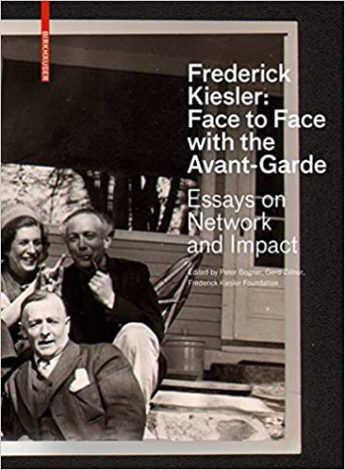
A new book argues Frederick Kiesler was the influencer at the center of american modernism
Kiesler. https://archpaper.com/2020/05/frede…
https://archpaper.com/2020/05/frede…
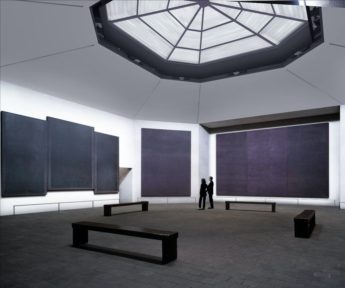
ARO’s renovated Rothko Chapel set to reopen in September
The sacred art space will reopen to the public in September. https://archinect.com/news/article/…
https://archinect.com/news/article/…
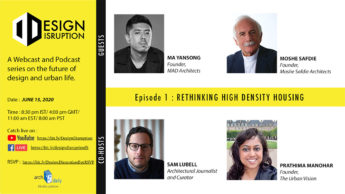
Design Disruption Explores High Density Housing with Moshe Safdie and Ma Yansong
This episode explores high density housing with guests Moshe Safdie, founder of Safdie Architects, and Ma Yansong, founder of MAD architects. https://archdaily.com/941481/design…
https://archdaily.com/941481/design…
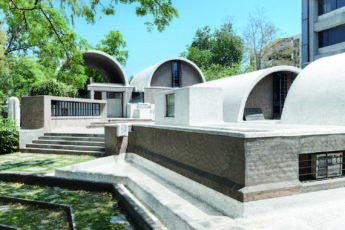
First U.S. Exhibition of Pritzker Prize-Winner Balkrishna Doshi to Open in September
BV Doshi exhibit in Chicago. https://archdaily.com/941877/first-…
https://archdaily.com/941877/first-…
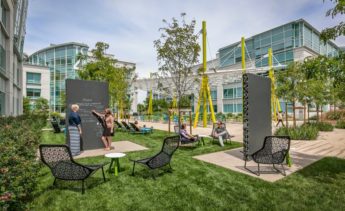
Architects Revamp Workplaces for Social Distancing
Pals Valerio Dewalt Train and Studio O + A are featured in this article by Lydia Lee. https://architecturalrecord.com/art…
https://architecturalrecord.com/art…
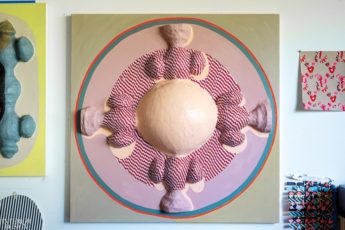
Designers Share Their Creative Outlets During the Pandemic
A lot of joy here including a piece by pal Verda Alexander. https://interiordesign.net/slidesho…
https://interiordesign.net/slidesho…
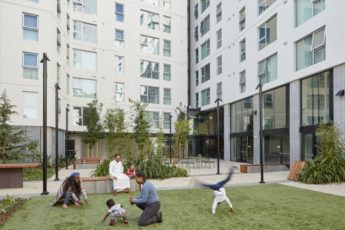
222 Taylor: Affordable Family Housing Takes Root in San Francisco’s Tenderloin
Our pals David Baker Architects. https://urbanland.uli.org/economy-m…
https://urbanland.uli.org/economy-m…
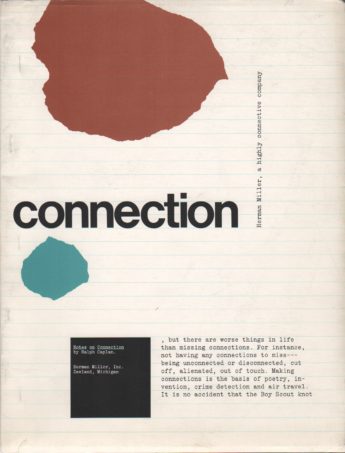
Ralph Caplan, Design Critic Big on Sit-Ins but Not Chairs, Dies at 95
A writer, editor and consultant, his views on American product design allowed him to stray into a wide range of cultural issues, including the battle for civil rights. https://nytimes.com/2020/06/15/arts…
https://nytimes.com/2020/06/15/arts…
